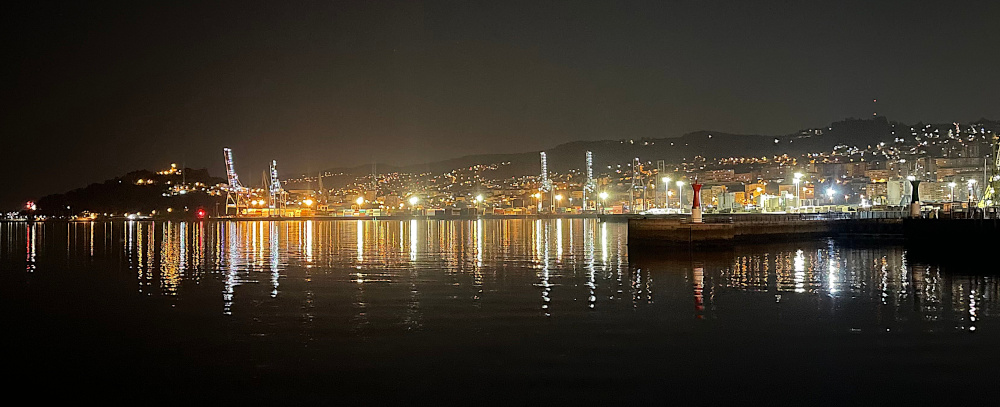While the GAME teams of this year are still collecting data about the influence of artificial lighting at night (ALAN) on benthic grazers such as sea urchins and snails, it has now been decided that ALAN will also be the GAME research subject in 2022 and 2023. These projects will be funded by the Klaus Tschira Stiftung, which recently approved a grant application, and which will also support the project of this year. In 2022, teams of young researchers will investigate whether light pollution can affect activity patterns in benthic filter feeders such as mussels. Many mussels belong to the family Mytilidae and they occur in coastal regions worldwide, where they are an important ecological component that fulfils many important functions. First of all, they contribute to the self-cleaning of the seas. By their filtering, they eliminate suspended particles from the water column and transfer organic matter (and therefore energy) from the pelagic to the benthic environment. Furthermore, those species that form large-sized mussel beds, like Mytilus edulis or Mytilus galloprovincialis, stabilize coastlines and provide a habitat for numerous associated species. Finally yet importantly, mussels are a food source, not only for many invertebrate and vertebrate animal species, but also for humans. It is therefore relevant to know whether light pollution, which currently already affects 25 % of all coastlines worldwide, is influencing their performance. The GAME teams in the coming year will investigate this in laboratory experiments, which will be similar to the ones that we implemented in 2021. You can find descriptions of these experiments in the previous blogs on this channel.
Research topic for 2022: GAME continues with investigating the effects of light pollution on marine benthic organisms
 The harbour of Vigo, Spain. Photo by Svea Vollstedt.
The harbour of Vigo, Spain. Photo by Svea Vollstedt.